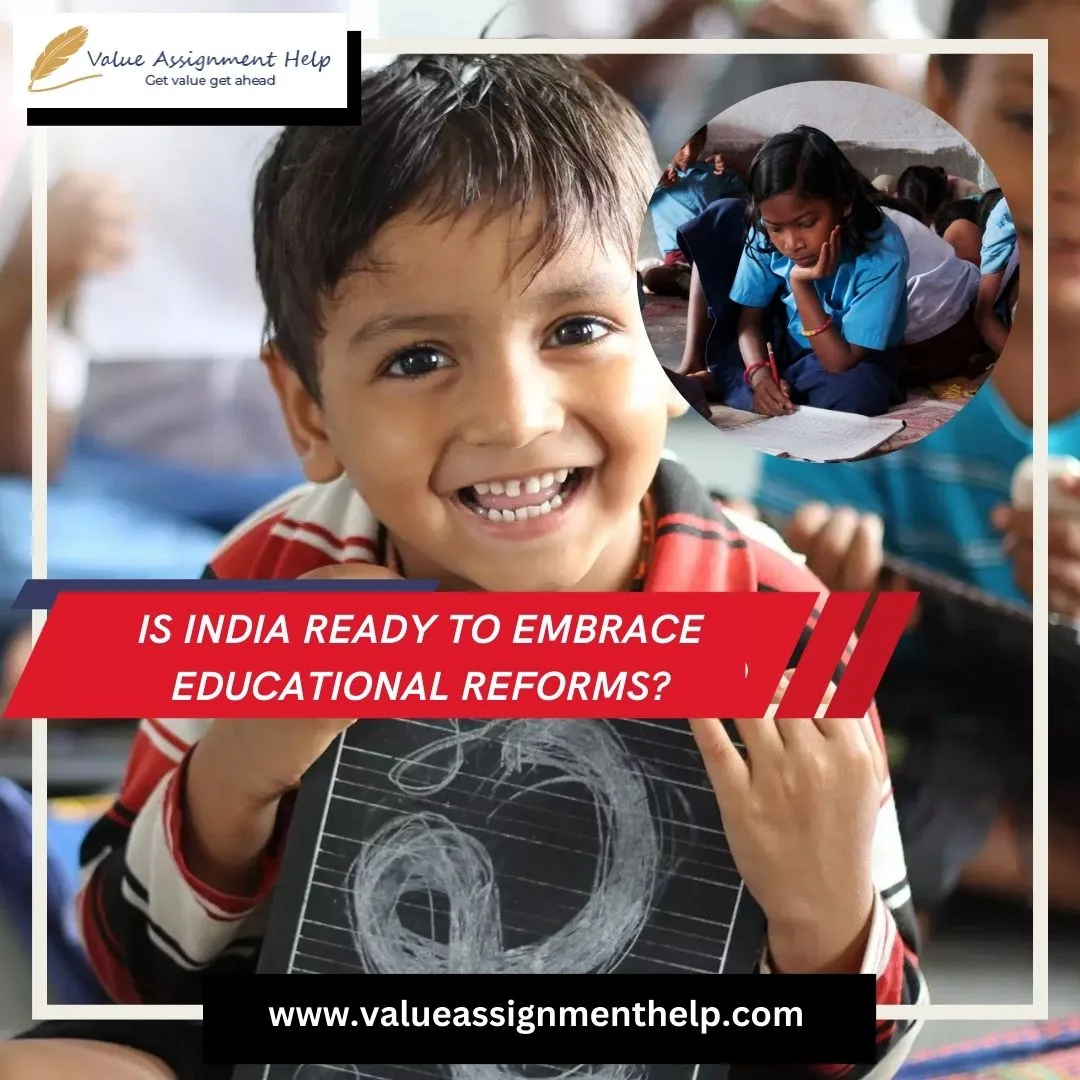Assignment
Achievement
Hire Experts
Reviews
Free Services
Grades
Offers
Order Now
Table of Contents
50,000+
Orders Delivered
4.9/5.0
Star Rating
100%
on-time delivery
24 x 7
Query Resolution
100 +
Subjects Catered
Our Experts
Reviews
Free Assignment Services
☞Title Pages - 100 Words
$05.00 free
☞Downloading Free Guide
$20.00 free
☞Upload Completed Tasks
$20.00 free
☞Genuine Content Report
$20.00 free
☞Consultation By Experts
$06.00 free
☞Unrestricted Revisions
$10.00 free
☞Grammar Check for Task
$25.00 free
☞Plagiarism Inspections
$25.00 free
Book Now and get Free Services Upto $0.00
Grades
Offers

1. PLACE YOUR ORDER
Whenever you fill out their order form, please read it carefully and then fill it out.

2. MAKE PAYMENT
Choose our secure payment method to pay for your order and collect your order from us with security.

3. GET YOUR DOCUMENT
Our writers write you plagiarism-free assignments and provide them to you before the deadline.
Our Experts

Search Assignments

Customers Reviews
Why is it important?
Yesterday, an extension of the National Education Policy, National Credit Framework, was released. The policy is a detailed and extensive framework to transform the Indian education system. However, the policy's first framework was released in 2020, which has still not made its way into Indian Education.
So, how long will the new education frameworks take to implement and progress? The ambitious policy looks good on paper; however, we lack adequately trained staff to implement the changes.
So, piling one policy on another is useless without an extensive framework outlining the implementation procedure.

"Looking for budget-friendly assignment help services in Australia? Approach us."
India, a country of over 1.3 billion people, has a long-standing reputation for producing exceptional minds in engineering, medicine, and mathematics. However, beneath this shining reputation lies a struggling education system facing numerous challenges. Therefore, the National Education Policy (NEP) 2020 was introduced to transform India's education system.
And yesterday, its extension, National Credit Framework (NCrF), was released by University Grants Commission (UGC). The revolutionary policy introduces some groundbreaking changes in the existing education system.
In this article, we will explore the current state of education in India and the challenges facing implementing the policy. Specifically, we will argue that while India desperately needs educational reforms, it is not yet ready to embrace the National Education Policy and its extensions due to the lack of trained teachers and resources.
The National Education Policy (NEP) 2020 was released on July 29, 2020, and aims to transform India's education system to make it more inclusive, flexible, and multidisciplinary.
And yesterday, a credit-based framework for education was framed and launched by a High-level committee comprising of government and officials from UGC, AICTE, NCVET, NIOS, CBSE, NCERT, Department of School, Education and Learning & Department of Higher Education, Ministry of Education, DGT, and Ministry of Skill Development.
The framework outlined the creditisation of 18 theoretical disciplines and 64 vocational disciplines. The framework also recognizes homeschooling, out-of-class learning and special achievers, along with introducing multi-entry and exit points for students.
Educators, policymakers, and the general public have widely discussed and debated the policy. While the policy has received some praise for its ambitious goals, it has also faced criticism and skepticism regarding its implementation and feasibility.
Today, the adult literacy rate in India stands close to 70%. However, India's education system faces numerous challenges, including inadequate infrastructure, teacher shortages, low literacy rates, and a high drop-out rate.
According to the Annual Status of Education Report (ASER) 2020, only 16.2% of children in grade 1 in rural areas can read at grade level, and 50.8% of children in grade 5 cannot read at grade level. These figures highlight the poor education quality in India and the urgent need for educational reforms.
The National Education Policy of India proposes significant changes to the education system, including introducing a new curriculum, restructuring higher education, and incorporating technology in teaching and learning. However, implementing these changes will not be easy.
The policy requires significant investment in infrastructure, teacher training, and technology, which India may not be able to afford. Moreover, the policy's success depends on the cooperation of state governments with different priorities and agendas.
One of the most significant challenges facing the National Education Policy is the lack of resources and infrastructure to support the proposed reforms. India spends only about 3.5% of its GDP on education, which is lower than the global average of 4.7%. This lack of funding has resulted in inadequate infrastructure, teacher shortages, and poor quality of education. Additionally, there is a digital divide in India, with many students lacking access to technology and the internet, which makes it even more challenging to implement the policy's proposed technology-based reforms.
Another significant issue is the lack of trained teachers in India. The ASER 2020 report highlighted that only 36% of government school teachers have received any training in the last seven days, and only 51% have received training in the last year. The lack of teacher training affects the quality of education provided to students and undermines the potential impact of the National Education Policy.
In conclusion, the National Education Policy of India proposes ambitious reforms that could transform India's education system. However, India is not yet ready to embrace this policy due to the current state of education in India, the challenges facing the policy implementation, and the lack of resources and infrastructure to support the proposed reforms.
Before implementing the policy, India needs to address these issues and create a foundation for effective reforms. Moreover, as the NEP itself recognizes, the successful implementation of this policy will require the collaboration of all stakeholders and a sustained effort over the next few years.
"Reach great heights with the support of our assignment helpers. From us, you can get accurate solutions for all kinds of assignments before the deadline."
Disclaimer: all content and intellectual property remain the exclusive property of value Assignment Help




No Comments